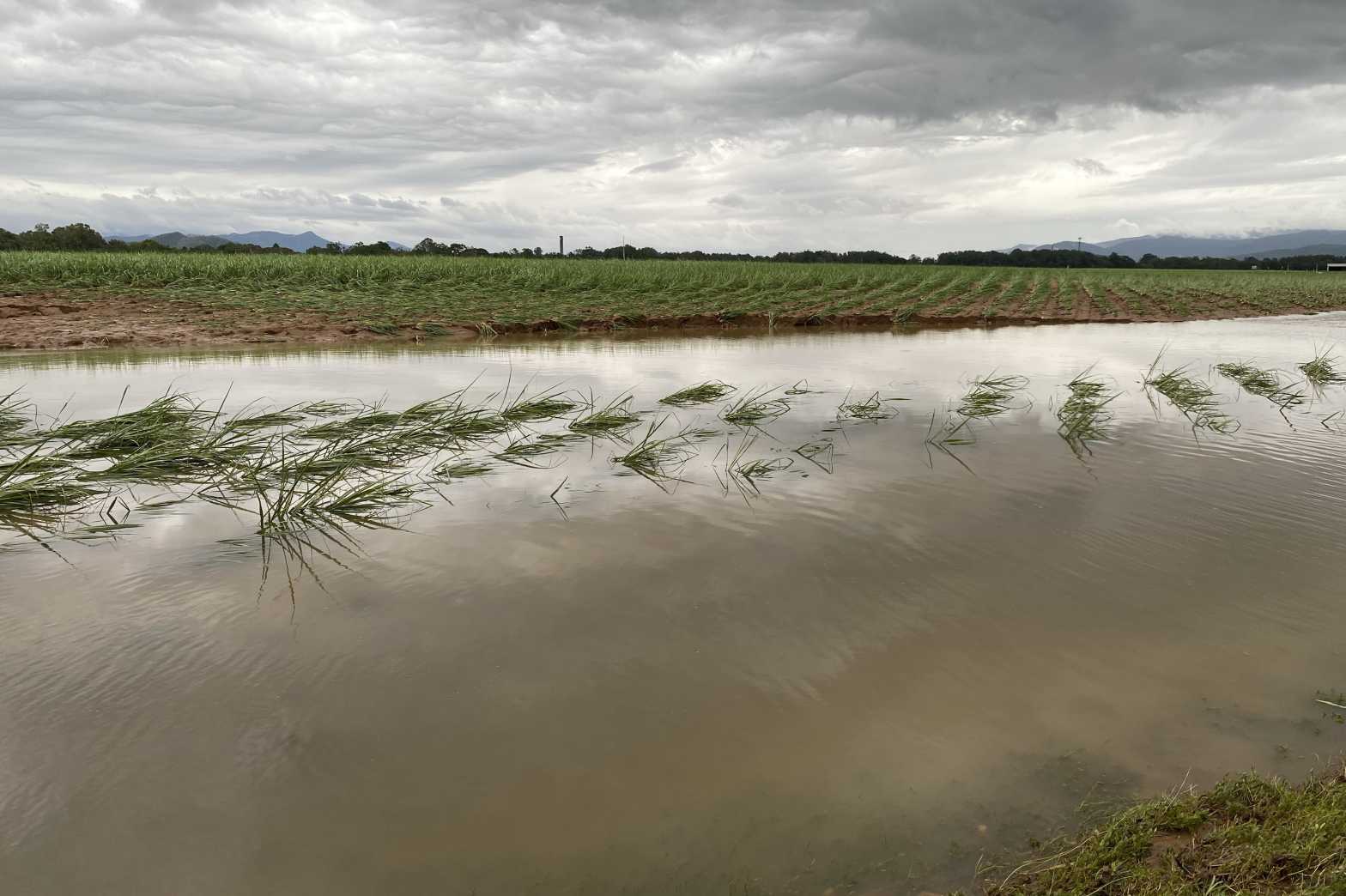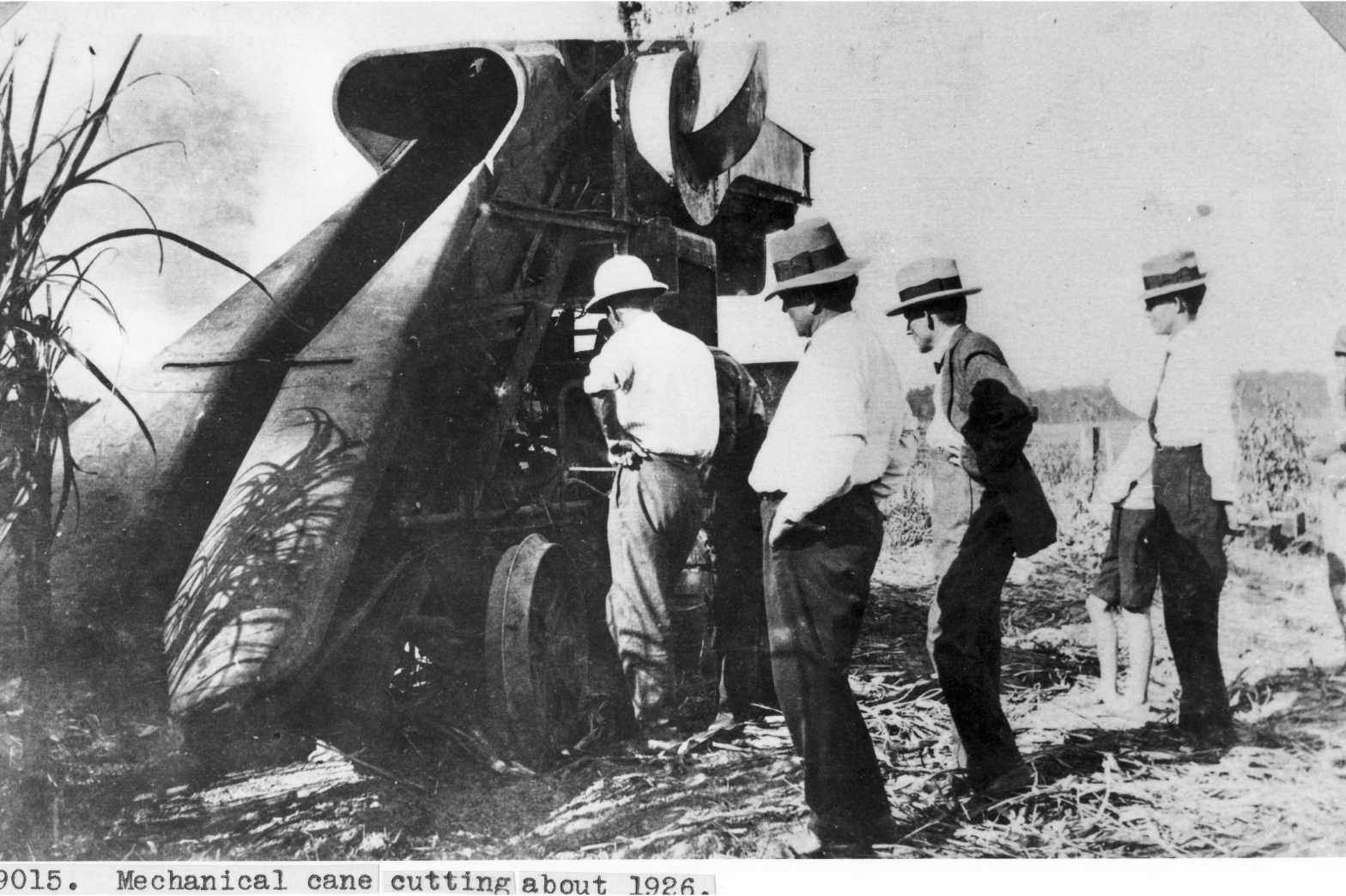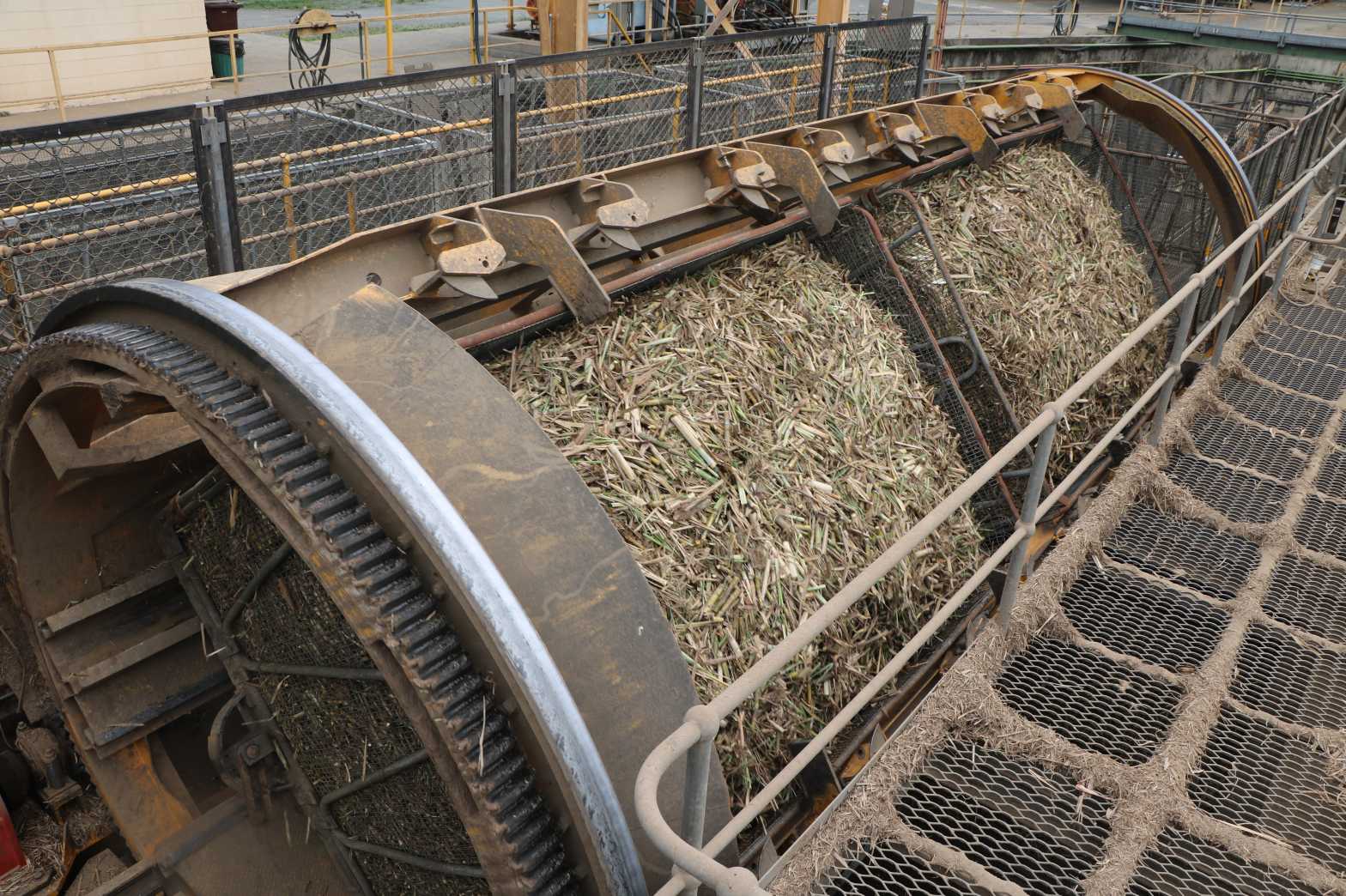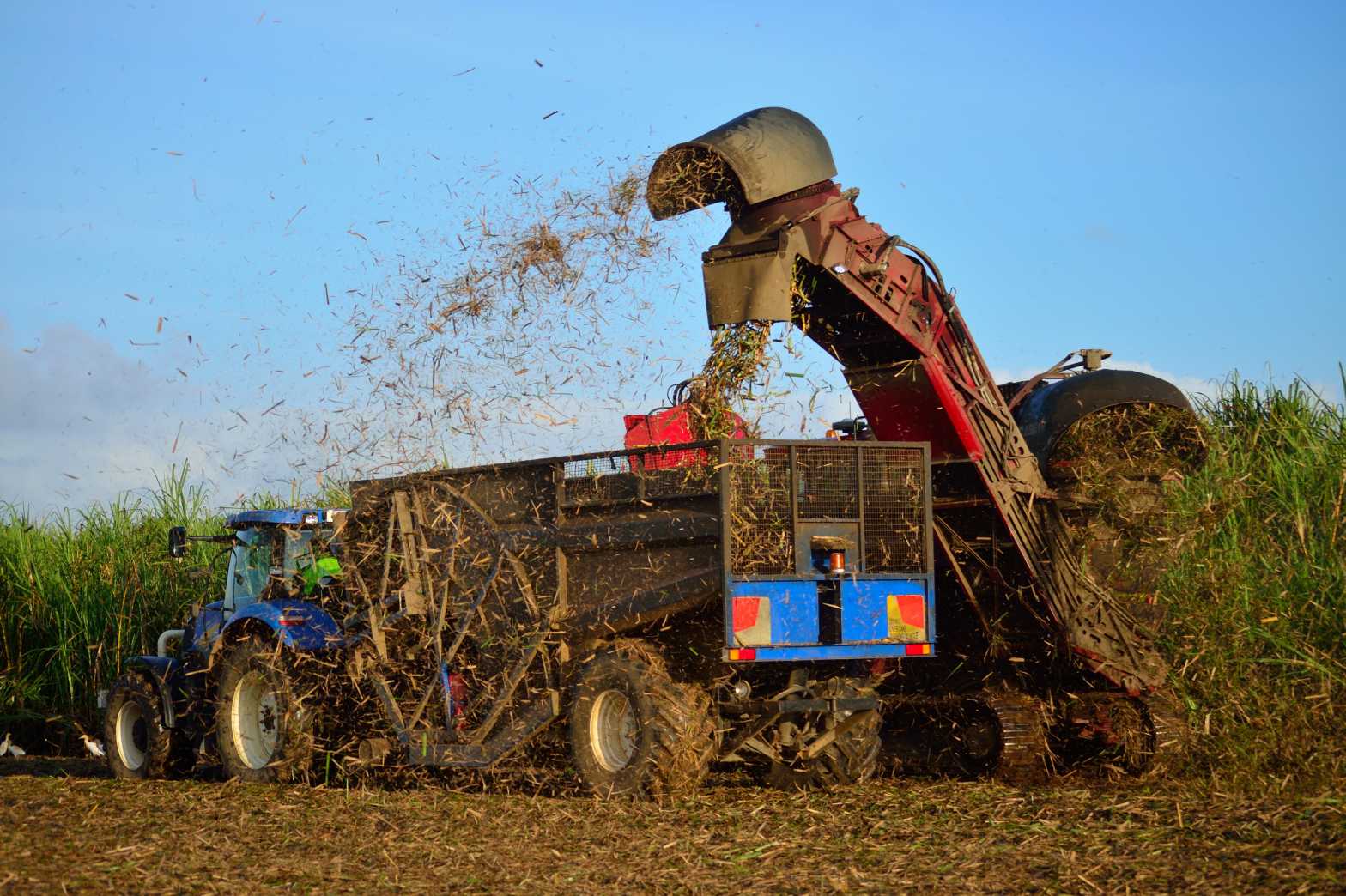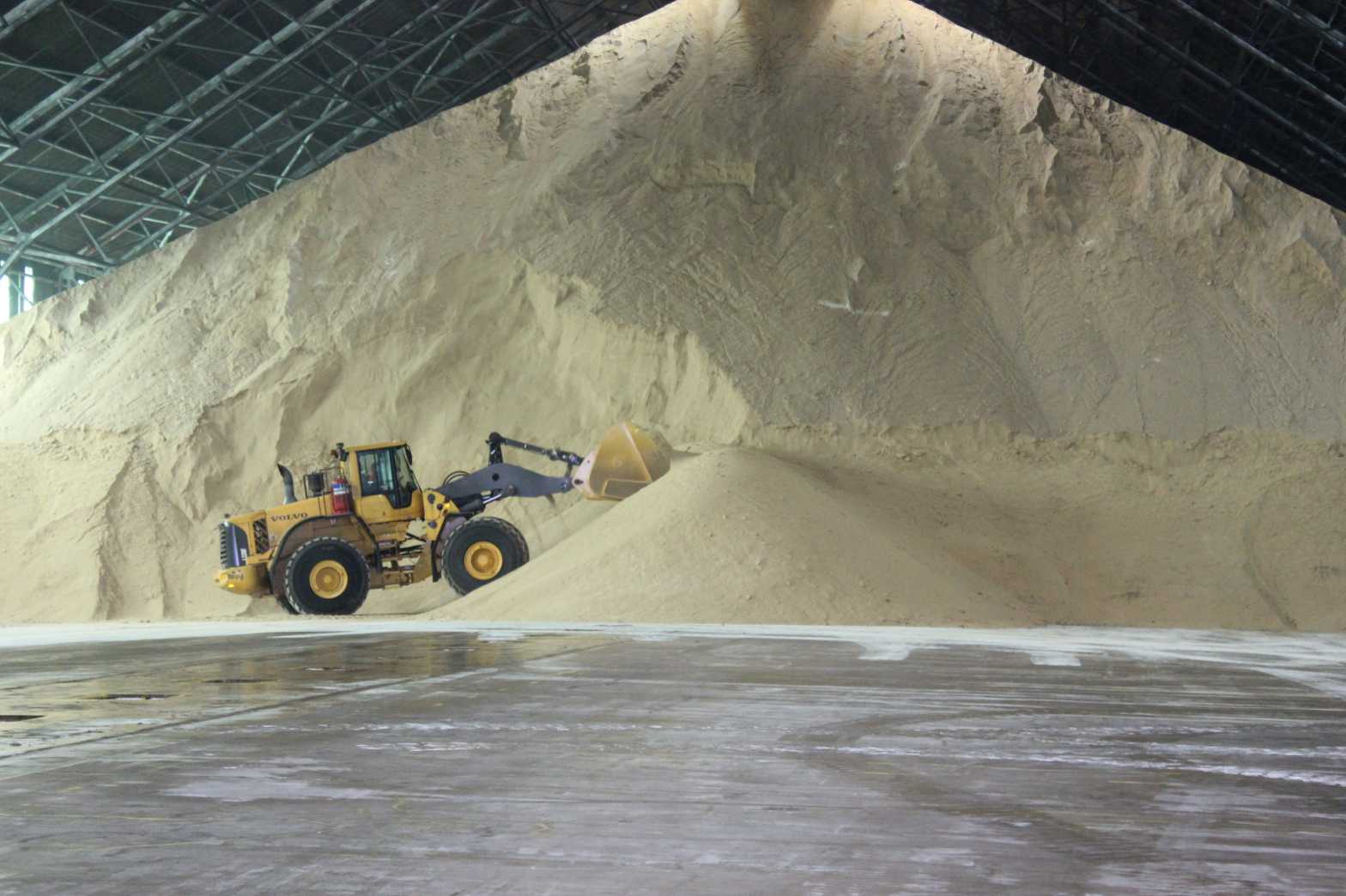Flooding across North Queensland has left many communities facing a long and costly recovery. Homes, businesses, roads, and farms have all been affected, and getting back to normal will take time.
For sugarcane growers, one of the biggest challenges ahead is replanting lost crops – a cost that disaster recovery grants don’t currently cover.
While these grants help with cleanup and infrastructure repairs, they stop short of funding replanting, even though getting crops back in the ground is essential for growers to move forward.
Cane is a hardy crop, but when young plants spend too long underwater, they don’t recover.
In regions like the Burdekin and Herbert River, where floodwaters have lingered, many growers will need to start over.
CANEGROWERS, the industry’s peak body, is calling on the Queensland Government to amend the grant criteria so replanting costs can be included.
Other states already allow this, recognising that for a farm business, crop recovery is just as important as repairing fences or sheds.
Another issue that needs attention is the definition of a ‘primary producer’ when it comes to disaster assistance.
Many cane growers don’t just rely on their farms for income - they also work as harvesting contractors to make ends meet. However, under current grant rules, off-farm income can disqualify them from primary producer assistance.
This creates an unfair situation where growers who contribute to the industry in multiple ways – both as farmers and as contractors – find themselves ineligible for support in their harvesting businesses.
Given that these operations are essential to getting the crop to the mills, it makes sense to broaden the criteria. Recognising the reality of modern farm businesses would ensure that those providing vital services to the industry aren’t left behind in the recovery process.
This isn’t just an issue for individual growers. When a season’s harvest is impacted, the effects ripple through entire communities – contractors, transport operators, mill workers, and local businesses all feel it.
In many regional areas, the sugar industry is a key driver of jobs and economic activity. Ensuring growers can recover quickly benefits everyone.
Adjusting the grant criteria to allow for replanting would be a practical step in helping flood-affected regions get back on their feet.
It’s a common-sense change that would support both farmers and the broader communities that rely on them.
Finally, a huge thank you must go to the emergency services, volunteers, and local organisations who have worked tirelessly to keep people safe and assist in recovery efforts. Their dedication and hard work make all the difference in times like these.
